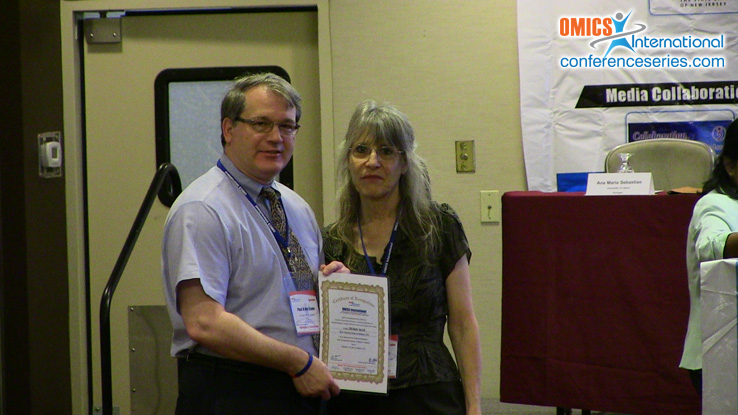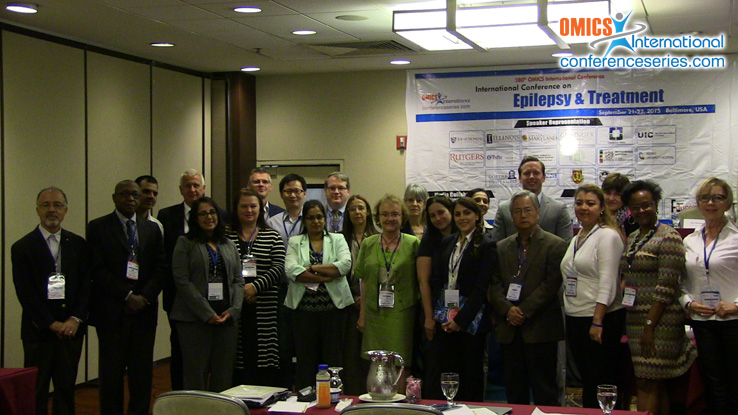
Michele Jacob
Tufts University School of Medicine, USA
Title: b-catenin networks as a new molecular target in infantile spasms and Seizures
Biography
Biography: Michele Jacob
Abstract
Infantile spasms (IS) constitute a devastating childhood epilepsy syndrome. Effective treatments are largely lacking because Infantile Syndrome is molecularly ill-defined. Using genetic manipulations in mice, we show here that deregulation of β-catenin networks leads to characteristics of human IS. We conditionally deleted the adenomatous polyposis coli gene (APC cKO) or conditionally overexpressed β-catenin (β-cat cOE). APC is a major negative regulator of β-cat levels. β-cat has dual roles in cadherin synaptic adhesion complexes and the canonical Wnt pathway both are critical for normal brain circuit formation and function. APC cKO and β-cat cOE mice both display high amplitude spastic movements at neonatal ages and spontaneous seizures at adult ages compared with control littermates. They also exhibit cognitive and autism-like disabilities known co-morbidities of human IS. EEG recordings show abnormal cortical circuit activity and seizures. Cortical hyperexcitability is suggested by increased spontaneous and evoked excitatory electrical activity and increased synaptic spine density in cortical layer 5 pyramidal neurons. β-cat protein levels are elevated as are canonical Wnt target gene expression and β-cat association with N-cadherin suggesting altered synaptic stability and plasticity. We identify APC cKO and β-cat cOE mice as new models of IS. We propose a novel molecular etiology of IS that is centered on aberrant β-cat networks. As further support, several genes implicated in human IS (ARX, FoxG1, TSC1/2 and Magi2/S-SCAM) are predicted to affect β-cat and its associated pathways. Defining new molecular targets is essential for developing new and effective interventions to ameliorate IS.




